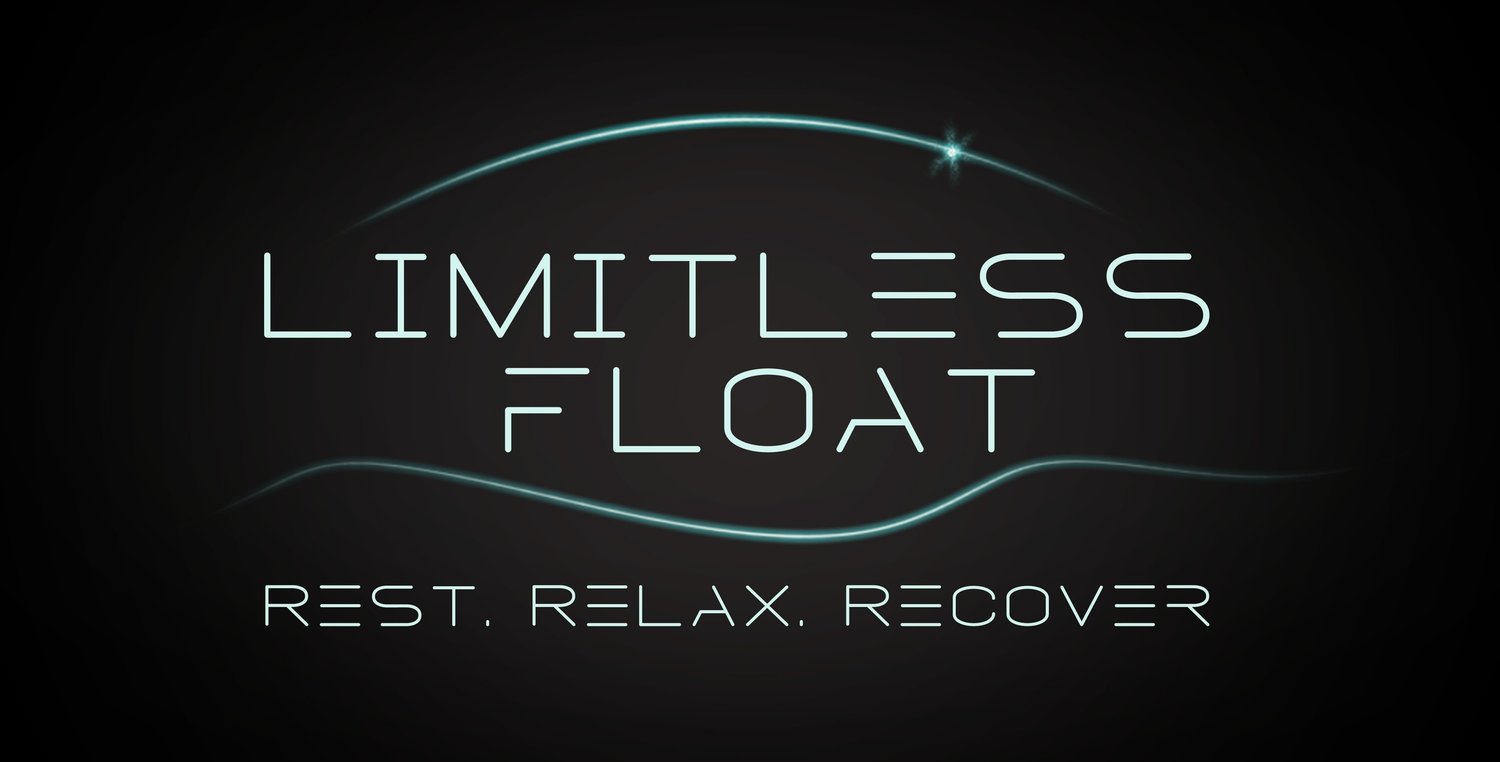Research has shown that floatation sessions can be a holistic therapy for people recovering from addictions such as smoking or heavy alcohol use.
While there haven’t been extensive studies done on floatation tanks as a specific tool for aiding addiction therapy, the researched idea is referred to as REST (Restricted Environmental Stimulation Therapy). It’s a controlled environment that may well have the ability to shift a person’s thinking and strengthen the idea that they can find relief in other ways.
However, a flexible and accessible type of REST could be a floatation tank. People wanting to overcome addictive behaviours will likely find solace in a quiet floatation tank, and the opportunity to tap into a deeper strength of resistance.
“Basically two processes, refocusing and rebalancing, contribute to the various physical and mental effects of restricted environmental stimulation.” [1]
Being offered a space of total relaxation promotes increased feelings of control, optimism and reflection without the need for any chemical substance use. It presents the opportunity to exercise mental discipline - a cornerstone in any recovery - by being in a space where you see, feel and hear nothing.
Addictions are often born out of stress, and offer respite from these feelings at great cost. However, floatation tanks are designed to relieve stress mentally and physically by offering weightlessness and time to unwind and meditate. It’s a healthy way to melt away stress and anxiety without the need for addictive substances like smoking.
Taking time to meditate in such a cocooned environment can also boost one’s self-esteem. A person’s self image is often negatively affected within addiction, but having an hour to be totally alone and confront yourself can help to turn that around.
The convenience of floatation tanks makes it a desirable addition to many people’s recovery journeys. While the studies aren’t yet available to support the theory of it being able to break a person’s addiction, the benefits it provides would certainly support a person’s journey of breaking a habit or addiction by reducing their stress and helping them to reach a stronger state of mind.
While the jury is still out in regards to how or if floatation directly impacts a person’s recovery from addiction, it definitely doesn’t negatively impact it.
Get your head in the right frame of mind to quieten your thoughts and discover the strength you need to change your behaviours.
[1] Research paper: https://pubmed.ncbi.nlm.nih.gov/2131327/
https://anaheimlighthouse.com/blog/flotation-tank-therapy-in-addiction-treatment/

